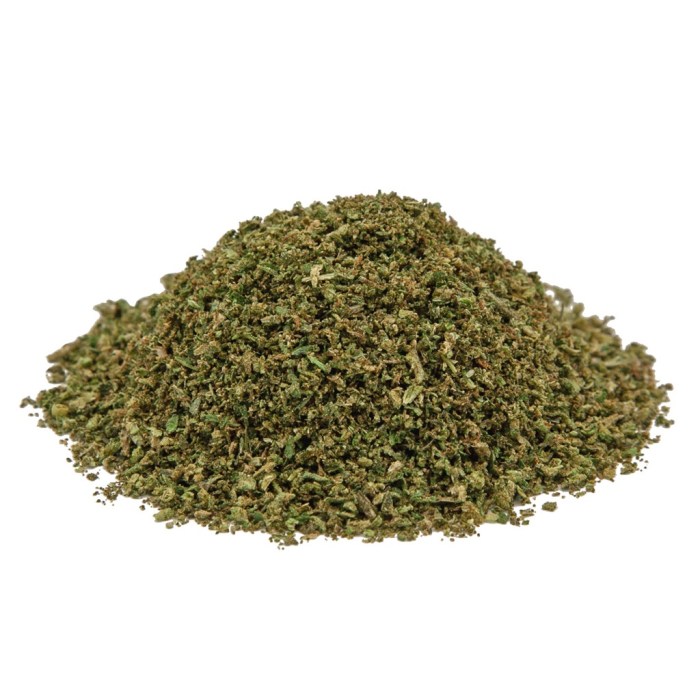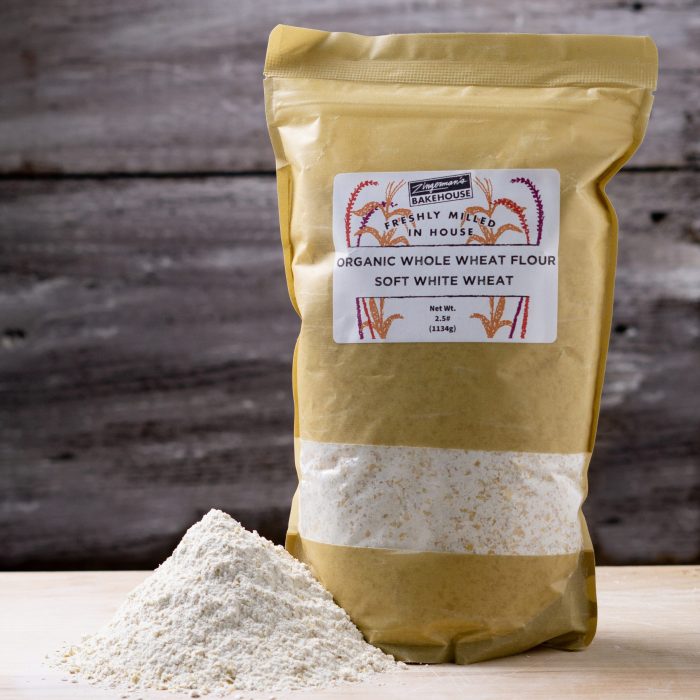Word with milled or ground: an intriguing term that invites exploration into the depths of language and linguistics. Embarking on this journey, we delve into the historical evolution, grammatical intricacies, semantic meanings, and cultural variations that shape these enigmatic words.
From their grammatical categories and morphological structures to their pragmatic functions and literary devices, we uncover the multifaceted nature of word with milled or ground. Along the way, we encounter examples that illustrate their diverse usage and impact on communication and discourse.
Definition and Overview

The term “milled or ground” refers to a process in which a solid material is broken down into smaller pieces by mechanical means. In the context of language and linguistics, it specifically describes the process of reducing a language into smaller units for analysis and study.
The term has a long history of usage in different languages and cultures. In ancient Greek, the word “milling” was used to describe the process of grinding grain into flour. In Latin, the word “ground” was used to describe the process of breaking down a solid material into powder.
Over time, these terms have been adopted into English and have come to be used in a variety of contexts, including the analysis of language.
Grammatical Aspects

Milled or ground words, as participles, exhibit a range of grammatical properties. They function as both adjectives and verbs, demonstrating the versatility of their grammatical roles.
Morphological and Syntactic Structures
Morphologically, milled or ground words are formed by adding the suffix “-ed” to the base verb. This suffix indicates the past tense or past participle form. Syntactically, milled or ground words can serve as:
- Adjectives:Modifying nouns to describe their state or condition, e.g., “milled flour,” “ground coffee.”
- Verbs:In the passive voice, where the subject receives the action, e.g., “The flour was milled,” “The coffee was ground.”
Semantic and Pragmatic Features: Word With Milled Or Ground

Introduction:Milled or ground words hold specific semantic meanings and pragmatic functions in language. This section delves into their semantic connotations and how they convey intended messages in communication and discourse.
Semantic Meaning:Milled or ground words often evoke a sense of reduction or transformation. “Mill” implies a process of breaking down or pulverizing something, while “grind” suggests a gradual wearing away or attrition. These words convey the idea of something being processed, refined, or altered.
Pragmatic Functions, Word with milled or ground
Communicating Specific Meanings:Milled or ground words can convey precise meanings in different contexts. For example, “milled flour” refers to finely ground wheat, while “ground coffee” indicates coarsely ground coffee beans. These terms provide specific information about the processing of the respective substances.
Words like milled or ground refer to the process of breaking down materials into smaller particles. Speaking of breaking down, have you checked out the to build a fire answer key ? It might help you break down some of the complexities of building a fire.
And while we’re on the topic of breaking down, milled and ground words continue to play a crucial role in describing the reduction of substances into finer forms.
Creating Nuances in Discourse:Milled or ground words can create subtle nuances in discourse. “Groundless” implies a lack of basis or evidence, while “milled” can convey a sense of uniformity or standardization. These words add depth and precision to language, allowing speakers to convey their intentions more effectively.
Examples:– “The milled rice was soft and fluffy.” (Conveys the texture of processed rice) – “The ground pepper added a subtle spice to the dish.” (Indicates the use of finely ground pepper) – “The rumor was completely groundless.” (Emphasizes the lack of credibility)
Stylistic and Literary Devices

Milled or ground words possess unique stylistic and literary devices that enhance the impact of written and spoken language. They evoke vivid imagery, create specific moods, and convey nuanced meanings.
These words are often employed to create a sense of texture, roughness, or antiquity. Their harsh sounds and connotations evoke a sense of physicality and a connection to the natural world.
Imagery and Texture
- Milled:“The milled flour sifted through her fingers like fine sand.”
- Ground:“The ground coffee beans released an earthy aroma that filled the kitchen.”
Mood and Tone
- Milled:“The milled walls of the old fortress stood as a testament to centuries of wear and tear.”
- Ground:“The ground troops faced an uphill battle against the formidable enemy.”
Nuance and Meaning
- Milled:“The milled rumor spread throughout the village, causing a stir among the inhabitants.”
- Ground:“The ground truth, as opposed to the hearsay, was finally revealed.”
Cultural and Linguistic Variations

The use of milled or ground words varies across cultures and languages, reflecting cultural norms and values.
In English, for example, “milled” often implies a finer grind than “ground,” as in “milled flour” versus “ground coffee.” In contrast, some languages like Spanish or French do not make this distinction, using the same word (“molido” or “moulu”) for both processes.
Regional Variations
- In some regions, “milled” may refer to a specific type of grinding process using a millstone, while “ground” can encompass various methods.
- For instance, in traditional Japanese cuisine, “milled” rice ( hakumai) undergoes a specific process to remove the bran, while “ground” rice ( genmai) retains the bran.
FAQ Resource
What are the grammatical categories associated with word with milled or ground?
Word with milled or ground can belong to various grammatical categories, including nouns, verbs, adjectives, and adverbs. Their specific category determines their function within a sentence.
How do word with milled or ground convey specific meanings?
Word with milled or ground often carry specific semantic meanings and connotations. For example, “ground” can imply stability or firmness, while “milled” may suggest precision or refinement.
How do word with milled or ground vary across cultures?
The usage and interpretation of word with milled or ground can vary across cultures. In some languages, these words may have specific cultural associations or metaphorical meanings that differ from their literal translations.